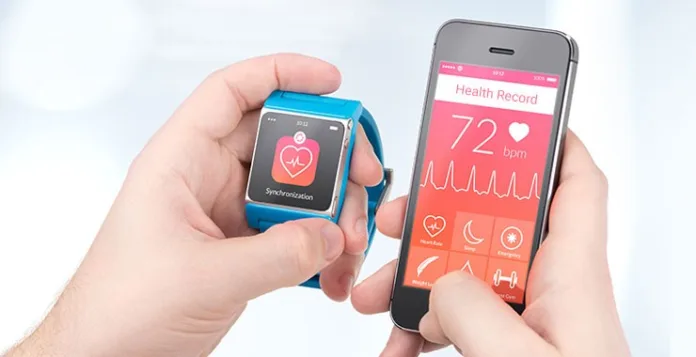
In 2025, wearable health technology has transcended its origins as mere fitness trackers to become integral components of personal healthcare. These smart devices now offer comprehensive monitoring of various health metrics, enabling users to take proactive control of their well-being.
The Evolution of Wearable Health Tech
Initially, wearable devices like fitness trackers focused primarily on step counting and basic activity monitoring. However, advancements in sensor technology, artificial intelligence (AI), and connectivity have transformed these gadgets into sophisticated health monitoring systems. Modern wearables now track a plethora of health metrics, including heart rate variability, blood oxygen levels, sleep patterns, and even stress indicators.
Integration of Artificial Intelligence
AI has become a cornerstone in the development of wearable health tech. By analyzing data collected from users, AI algorithms can provide personalized health insights and recommendations. This integration allows for predictive analytics, enabling early detection of potential health issues and facilitating timely interventions. For instance, AI can identify irregular heart rhythms or fluctuations in glucose levels, alerting users and healthcare providers to potential concerns.
Advancements in Remote Patient Monitoring
The rise of wearable health devices has significantly enhanced remote patient monitoring capabilities. Patients with chronic conditions can now be continuously monitored, with data transmitted in real-time to healthcare professionals. This continuous flow of information allows for more accurate assessments and timely adjustments to treatment plans. Moreover, it reduces the need for frequent in-person visits, making healthcare more accessible and efficient.
Personalized Health Management
Wearable health tech has shifted from a one-size-fits-all approach to personalized health management. Devices now offer tailored insights based on individual health data, lifestyle, and goals. This personalization ensures that users receive relevant information and recommendations, enhancing the effectiveness of health interventions. Whether it’s adjusting workout routines, optimizing sleep patterns, or managing stress, personalized health tech empowers users to make informed decisions about their health.
Emergence of Non-Invasive Monitoring
Advancements in sensor technology have led to the development of non-invasive monitoring methods. Devices can now measure vital health metrics without the need for invasive procedures. For example, continuous glucose monitors (CGMs) have evolved to provide real-time glucose level readings without the need for finger pricks. This non-invasive approach enhances user comfort and encourages consistent monitoring, particularly for individuals managing chronic conditions like diabetes.
Sustainability in Wearable Health Tech
As environmental concerns grow, the wearable health tech industry is embracing sustainability. Manufacturers are incorporating eco-friendly materials, such as biodegradable plastics and recyclable components, into their devices. Additionally, energy-efficient designs and solar-powered features are being integrated to reduce the carbon footprint of these gadgets. This commitment to sustainability aligns with the broader trend of eco-conscious consumerism.
Future Prospects
Looking ahead, wearable health tech is poised to become even more integrated into daily life. With advancements in AI, machine learning, and sensor technology, future devices will offer even more precise and comprehensive health monitoring. The potential for seamless integration with other smart devices and healthcare systems could lead to a more interconnected and efficient healthcare ecosystem. As technology continues to evolve, wearable health tech will play an increasingly pivotal role in promoting proactive and personalized healthcare.
Conclusion
Wearable health tech in 2025 represents a significant leap forward in personal healthcare. Through the integration of AI, non-invasive monitoring, and personalized insights, these devices empower users to take control of their health. As the industry continues to innovate, the future of wearable health technology holds promise for more accessible, efficient, and sustainable healthcare solutions.